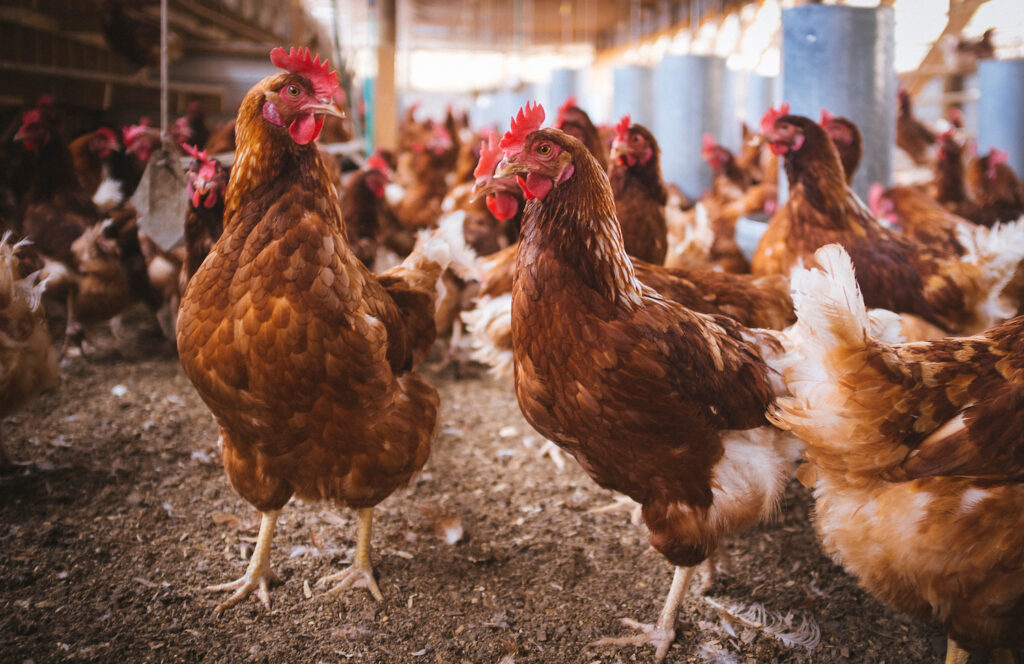MPs slam “fundamentally unfair” bird flu compensation rules
15th December 2022
Efra Committee MPs have written to environment secretary Thérèse Coffey calling for ‘urgent action’ to address the immediate and longer term needs of the poultry sector.
Under current AI compensation rules, farmers are only paid for healthy birds that are culled by vets from the Animal Plant and Health Agency (APHA). However, the current avian flu strain kills birds so quickly that a number of them die between identification of the disease and vets arriving for the cull.
As a result, the longer farmers have to wait for the cull, the less compensation they get. This can have a particular impact on smaller producers who keep birds in a single location and can lose their entire flock to an outbreak, the committee pointed out.
In an open letter, the committee urged Thérèse Coffey to revise the rules so that compensation is paid based on the number of birds alive in the affected flock at the time farmers report the outbreak, rather than the number of birds culled.
MPs also asked the environment secretary to explain how she will support farms seeking to restock following an AI outbreak. Currently farms must wait 12 months after an outbreak before restocking, or pay for deep cleaning of sheds where affected birds were housed.
‘If the sector is not able to restock, the supply issues we are seeing will continue to get worse, making the UK more reliant on imports and undermining our food security,’ MPs warned.
‘[…] As a minimum, if the Department is not willing to broaden the compensation scheme in the way we have suggested, we believe that it should provide financial support for deep cleaning of sheds to enable growers to restock as soon as possible.’
Additionally, the committee asked for assurances that there is sufficient funding available for the redevelopment of APHA’s Weybridge site. A recent report by the Public Accounts Committee flagged concerns about the site’s ability to cope with a major disease outbreak, as well as concerns over funding.
As AI is now endemic in wild birds in the UK, the letter also urged Defra to publish an updated Mitigation Strategy for Avian Influenza in Wild Birds in England and Wales by March 2023, which explicitly addresses future research priorities and carcase management.
Evidence suggests there is a need for further research in patterns of AI transmission, and action to ensure carcase removal is managed effectively between different organisations that share responsibility.
Finally, the government was asked what is being done to develop and vaccine, and how it will address the trade and regulatory barriers that may prevent a vaccine rollout.
Vaccinating poultry for avian flu is not currently permitted in the UK and many countries will not allow the import of meat from animals that have been vaccinated.
‘We have taken evidence that the currently available vaccine is not suitable for this current highly pathogenic strain and therefore there is an urgent need internationally to develop an appropriate and efficacious vaccine.’
Emphasising the need for urgent action, the committee wrote: ‘The risk of disease outbreak, on top of rising input costs continues to bring increased uncertainty for poultry producers, affecting the financial viability of the sector and having a profound effect on farmers’ mental health.’
Efra requested a reply to its letter by 6th January.

